Your hangovers get worse
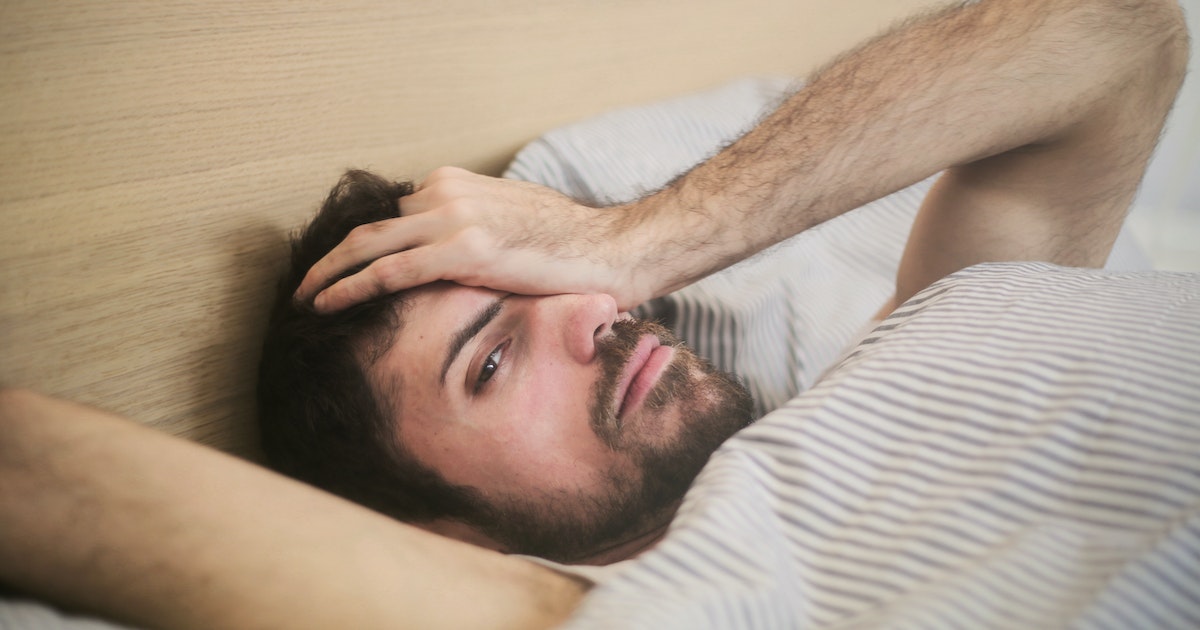
Back in your twenties, you could party until the small hours and then rise like a phoenix the next morning fresh as a daisy – those days don’t last. By the time you reach your forties, your liver’s ability to metabolize alcohol has decreased enough to suffer rather more after a few drinks than in your younger adulthood. Combined with a gradual reduction in the amount of water in your body as you age, and that nightcap isn’t such a good idea after all.
Your biceps start to shrink

Disappointingly, as our bodies get older, our muscle mass decreases. It’s known as sarcopenia, and it’s thought that we can lose as much as 5% muscle mass per decade. That’s bad enough, you might think, but hear this – the knock-on effects of this are that as we head towards older age, it puts us at greater risk of falling and therefore injury. To combat this, try strength training and ensure you eat enough protein.
Your voice will change in pitch
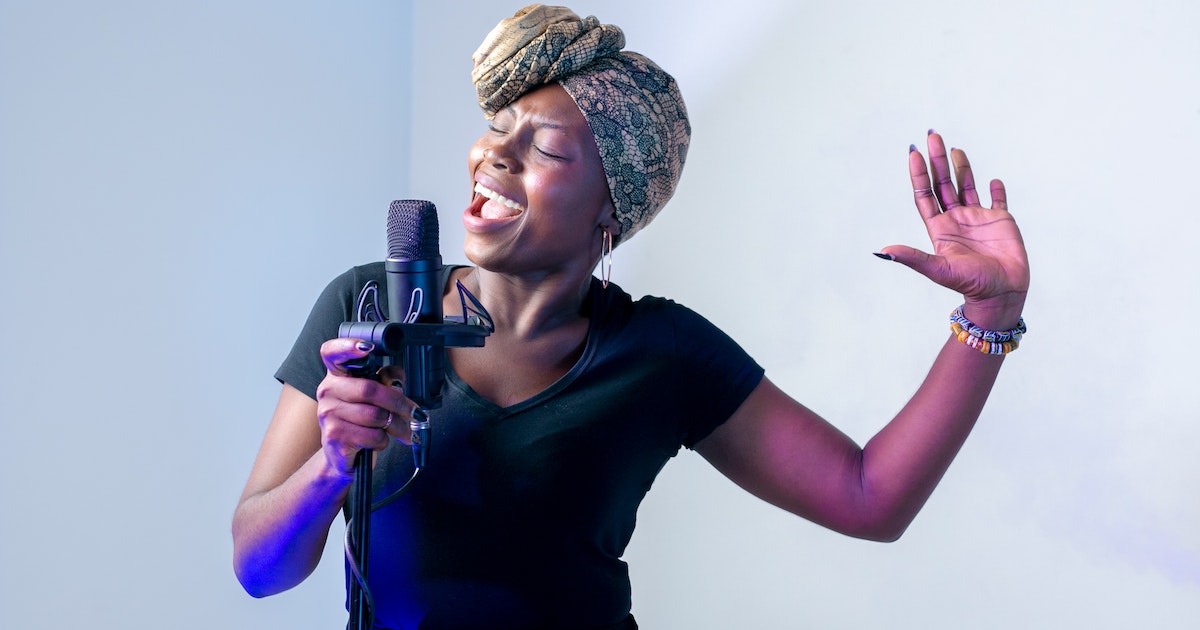
Don’t worry, it won’t be like male puberty when a boy’s voice breaks. It’s due to the reduction in elasticity in your vocal cords, and that causes a lowering of pitch in women and a rising of pitch in men. The other effect is that you can’t project your voice as well or as far, which probably won’t matter unless you’re a professional singer or a sports coach. It’s all gradual of course, and more of a curious byproduct of aging than a serious concern.
You’ll wake up more often at night
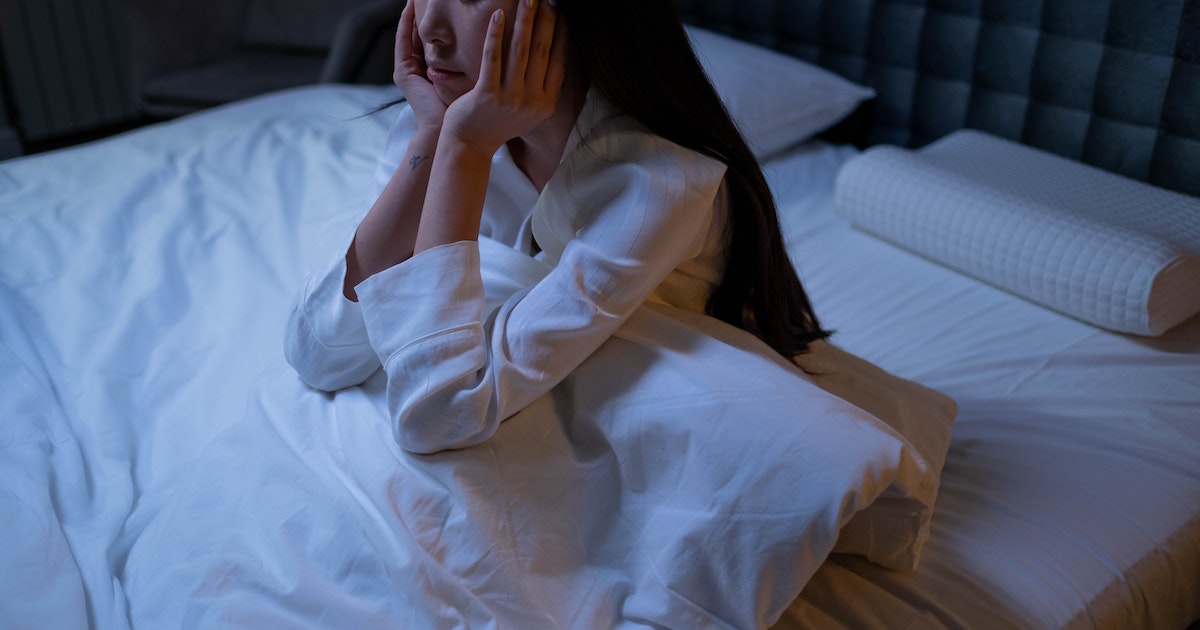
Older adults tend to be less satisfied with their quality of sleep than their younger counterparts, and report waking more frequently in the night, according to the U.S. National Library of Medicine. Oh, and as if that wasn’t bad enough, difficulty sleeping as you age can be a sign that there’s an underlying health issue. Great! If you’re noticing that alongside other symptoms, consider seeing your doctor.
Your skin starts to go south
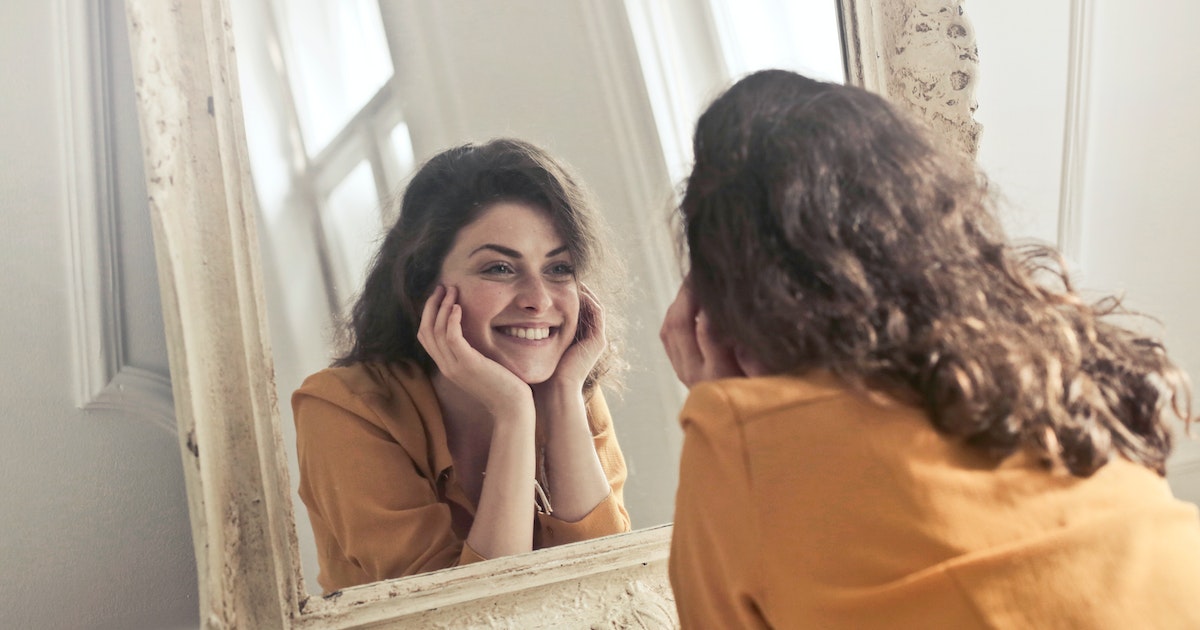
It’s well known that wrinkles and fine lines come with getting older, but it might feel more pronounced in your forties. What was once plump, youthful flesh in your face will gradually become less so, and with that comes a degree of sagging, as the elasticity and fat volume that used to make you look peachy can instead make you look more gaunt. While you can’t stave off age, keep yourself hydrated and use a daily moisturizer with a high SPF to reduce the effect of the sun.
Your sex drive will decline

Waning hormone levels post-40 can cause a loss of libido. Men experience a loss in testosterone levels, while women have to deal with a loss of estrogen as well as testosterone. That’s not to suggest that your desire for physical intimacy will suddenly fall off a cliff – the decline is gradual, happening over ten to fifteen years. Try to take that as the silver lining.
Your hair will start to thin
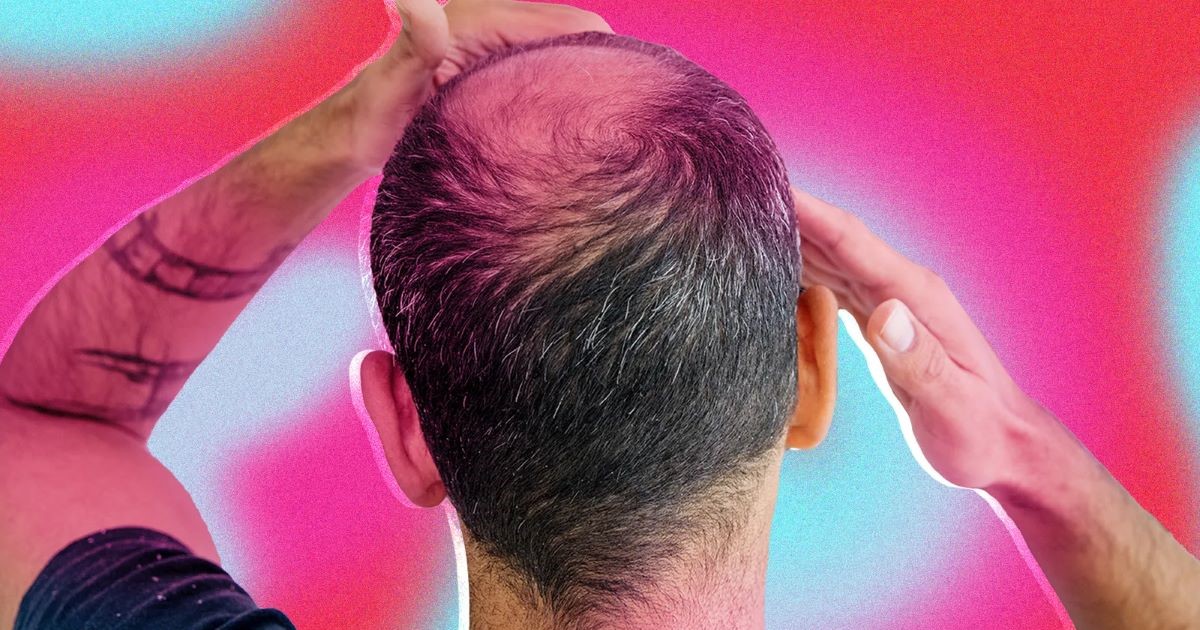
Hair loss can affect both men and women. Ironically, the thinning of hair from your 40s onwards isn’t because you lose hair at a faster rate; rather, it’s that you don’t regrow it as quickly. Stress can also exacerbate thinning hair, so try not to worry about it. Easy to say, of course – and try not to pull your hair back tightly if you wear it long, as this can be a contributing factor.
Your periods become unpredictable
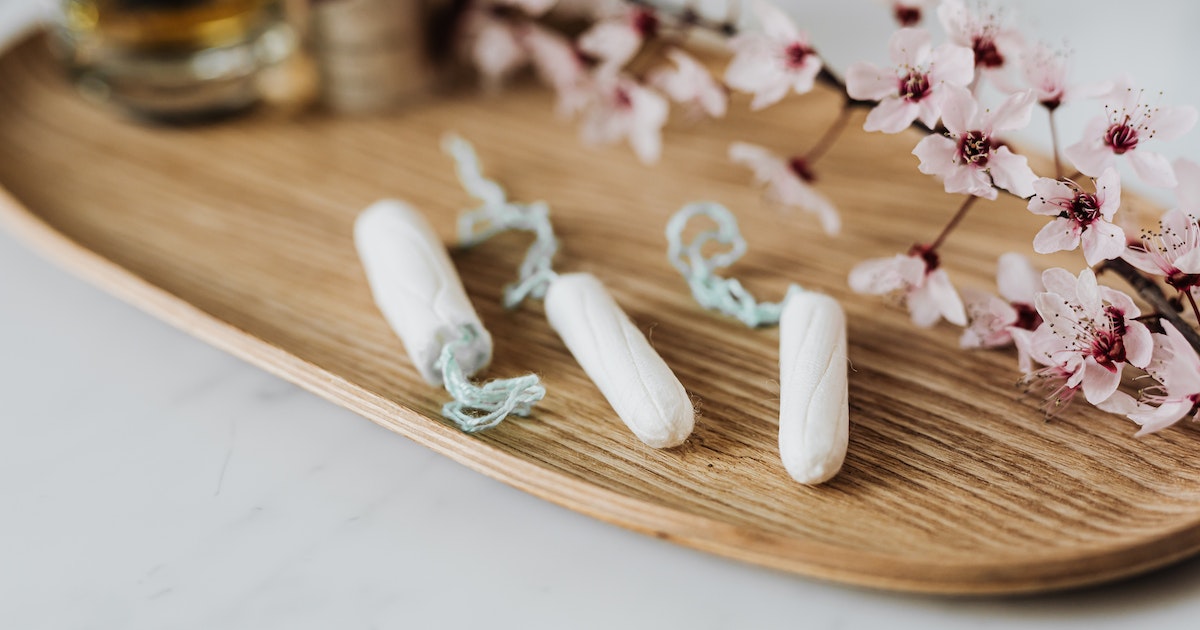
As if there wasn’t enough to contemplate going into your forties, for those of you with the delight of a monthly visit from good old Aunt Flo, hear this. It’s worth being aware that the timing, flow and intensity can all change in this period of your life (excuse the pun). This is likely due to perimenopause, the stage of menopause that comes before the menopause itself. All the hormonal changes can make you feel all over the place, so keep track with an app or calendar.
You might start to experience brain fog

It’s all too well-known – your memory becomes more of a forgettery as you get older, no matter how many brain games you play. It’s often considered a symptom of the menopause, but although it’s regularly attributed to that, it’s something that can affect anyone. After all, everybody gets older and anyone can experience stress or sleep disturbances, both of which can bring on brain fog.
You might need more visits to the dentist
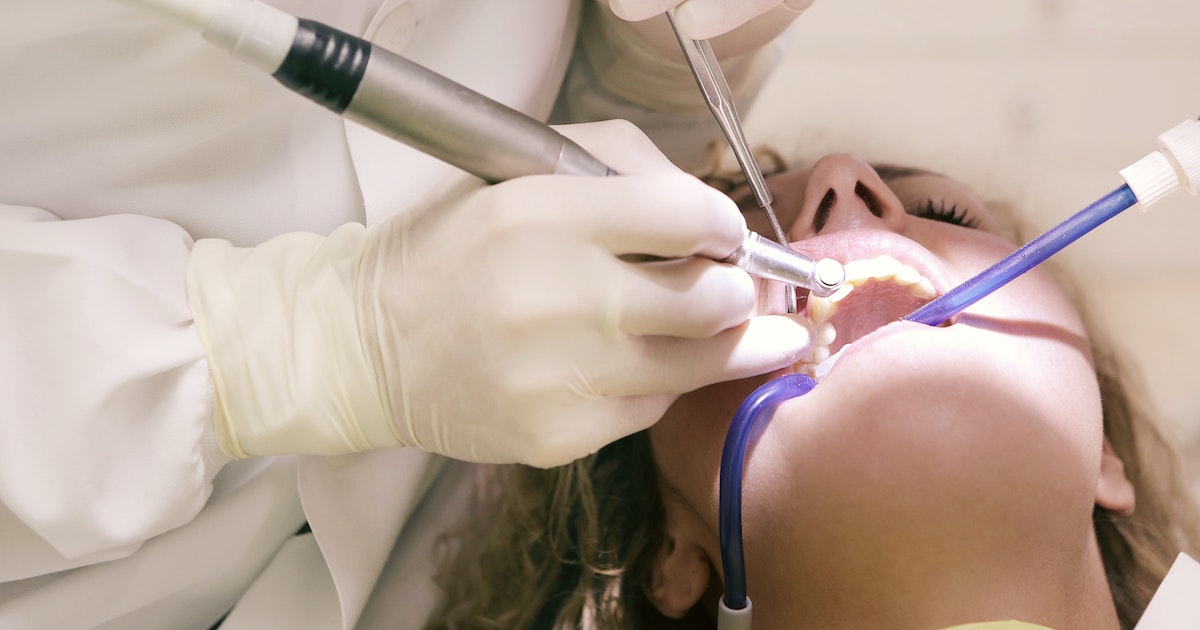
Even if you’ve been meticulous in your oral hygiene throughout your life, you still need to pay close attention to your pearly whites. According to MedlinePlus, the changes in oral health happen due to slowing cell renewal, bones becoming more porous and gum tissue getting thinner. What a cheerful trio – oh, and your immune system isn’t as efficient in your 40s, so you could get more infections. Time to put down that candy, friend.
Your hair starts to gray
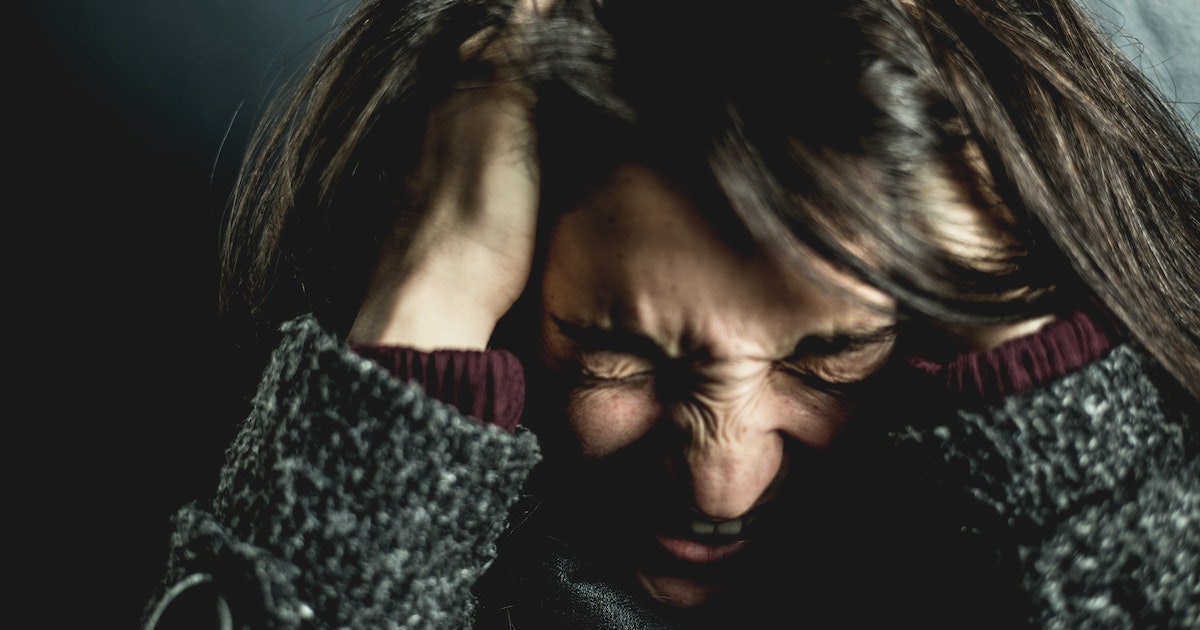
For some, it’s just one small part of getting older, while for others, every silvery-gray hair is another nail in the proverbial coffin of youth. It happens due to a natural decrease in the amount of melatonin in your body, and it’s one of the easier factors of aging to manage. There are plenty of hair colorant options out there, or you could simply choose to grow older gracefully with your gray hairs (or disgracefully, if you prefer).
Your bladder starts to weaken
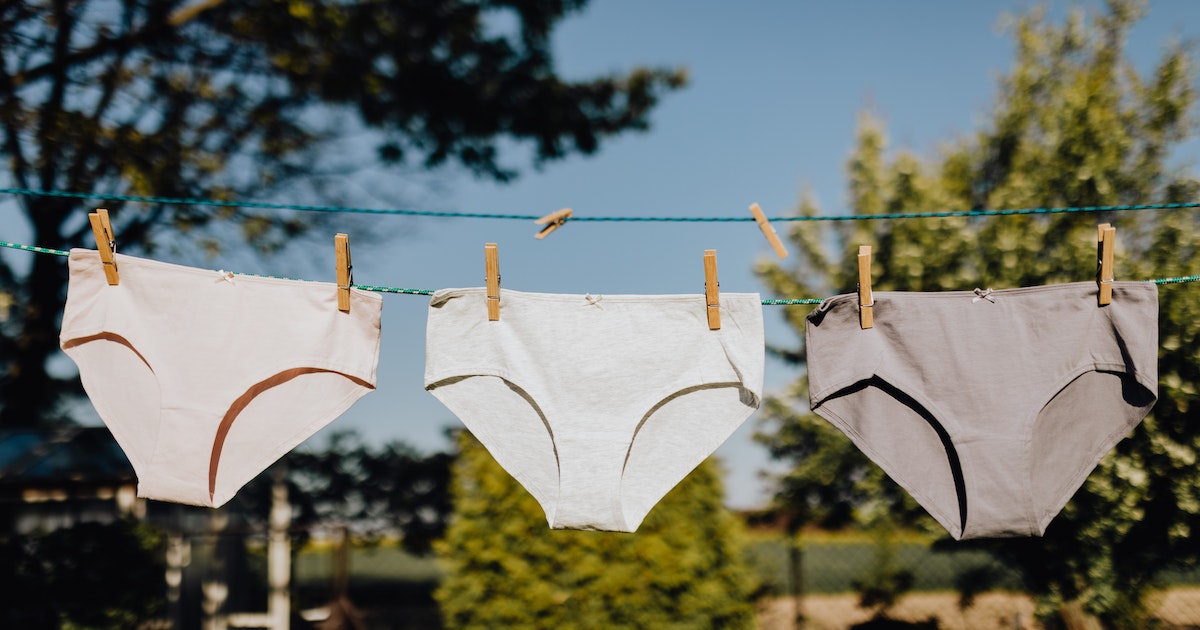
In your 40s and beyond, holding it in becomes harder. When you gotta go, you gotta go right away or it can get awkward really fast. Part of getting old is weakening of muscles, and that includes your pelvic floor (which supports your bladder). For those of us who’ve had babies, or are dealing with the menopause, a weak and leaky bladder is part and parcel – but it can affect anyone at that tender age of 40 plus. Incontinence pants aren’t a joke anymore.
Your vision might not be so 20/20

You might enjoy perfect eyesight in your younger years, only to get to 40 and find you’re suddenly straining to read or watch TV. This change, known as presbyopia, is quite common and nothing to worry about, according to the American Optometric Association. Plus, for anyone who has historically had specs or contacts already, it might mean your prescription actually improves. For peace of mind, it’s worth making regular appointments with your ophthalmologist to keep your eyes healthy and happy.
Say what? Your eardrums aren’t as strong

Joking aside, as you get older, your eardrums weaken and you might not be as sharp at picking up on what’s being said and what’s happening around you. That’s especially true if your job or lifestyle comes with excessive noise, e.g. on a construction site, or in a bar or restaurant. You could try ear plugs or defenders if your work allows it, and you could consider not frequenting louder venues, but hearing loss is still common in older life.
You’ll feel more tired, more often

The decline of our mitochondria, the little powerhouses of cells, means we’re more tired more often, and more susceptible to infection and ill health. It starts in our 40s and accelerates in our 60s. Yikes! All is not lost, though – regular exercise can reduce the cellular downward spiral, and it doesn’t even need to be intensive. A twenty-minute walk at reasonable speed, most days, is enough to help ward off the decline. A little perambulation can have big benefits – so off you go.
Your back starts to hurt more

According to orthopedic surgeon Erin Nance, MD, you’re at the highest risk of developing a “herniated lumbar disc” in your thirties and forties. Common symptoms are lower back pain and radiating pain in your legs and buttocks. Ouch. However, you can recover with rest, anti-inflammatories and physical therapy. Reduce the risk by not bending at the waist, keeping trim and not smoking, stretching after sitting for long periods and – of course – regular exercise. Oh, and ditch those high heels.
You might feel less motivated or contented

The classic mid-life crisis won’t affect everyone, but it’s well-known to kick in around your forties or fifties. You’ve probably hit the peak of your career trajectory, any children likely aren’t as cute and cuddly as they once were, and life might seem a bit meh. It’s quite normal to experience these kinds of feelings at this stage in life, though – and sometimes setting yourself new goals or taking up a new hobby is all you need to get your sense of optimism back.
You’re more susceptible to carpal tunnel

Whilst many of us will have heard of carpal tunnel syndrome (CTS), we won’t necessarily have suffered from it. You’ll know if you have, though – the symptoms might not sound serious but they are uncomfortable. CTS means aches and pains in your fingers, hands and sometimes arms, pins and needles and even loss of feeling, and occasionally a weakened thumb or loss of grip. Developing CTS in your forties or beyond makes sense, given how much you use your hands.
Your senses of taste and smell could change
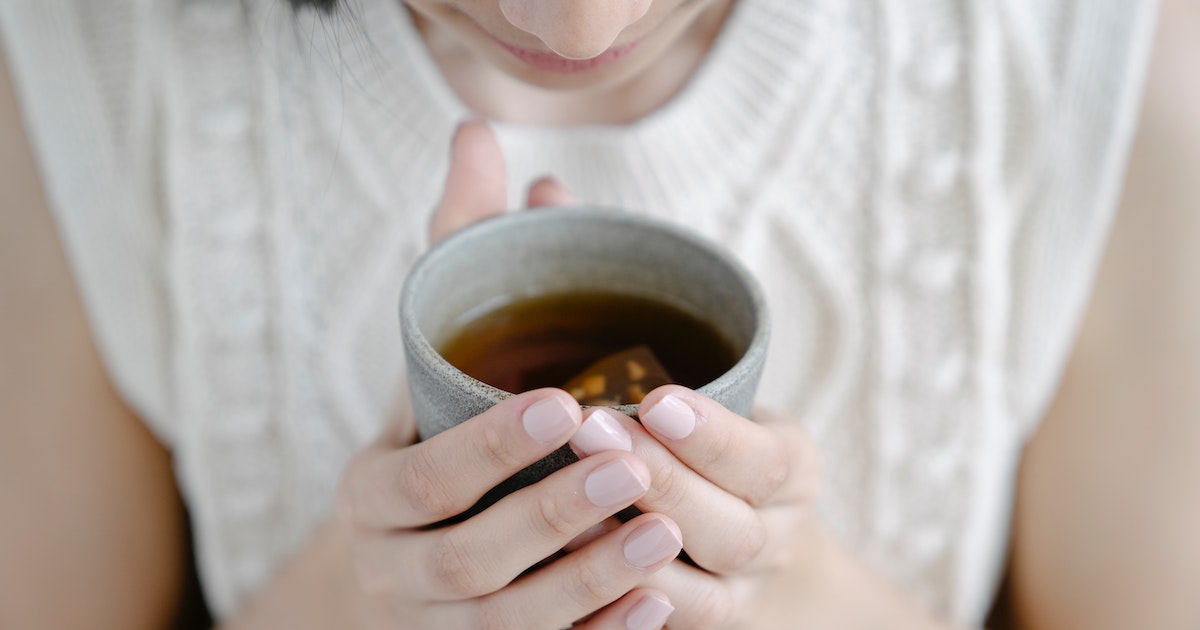
You probably won’t notice any loss of taste or smell until you’re in your sixties, but people who smoke, those with dental issues and anyone taking meds that can interfere with the senses may find themselves affected. So aside from the reduction in how good that coffee tastes, or how appealing a batch of fresh-baked cookies smells, if you do experience a loss of taste or smell, see your doctor.
Your joints start to ache
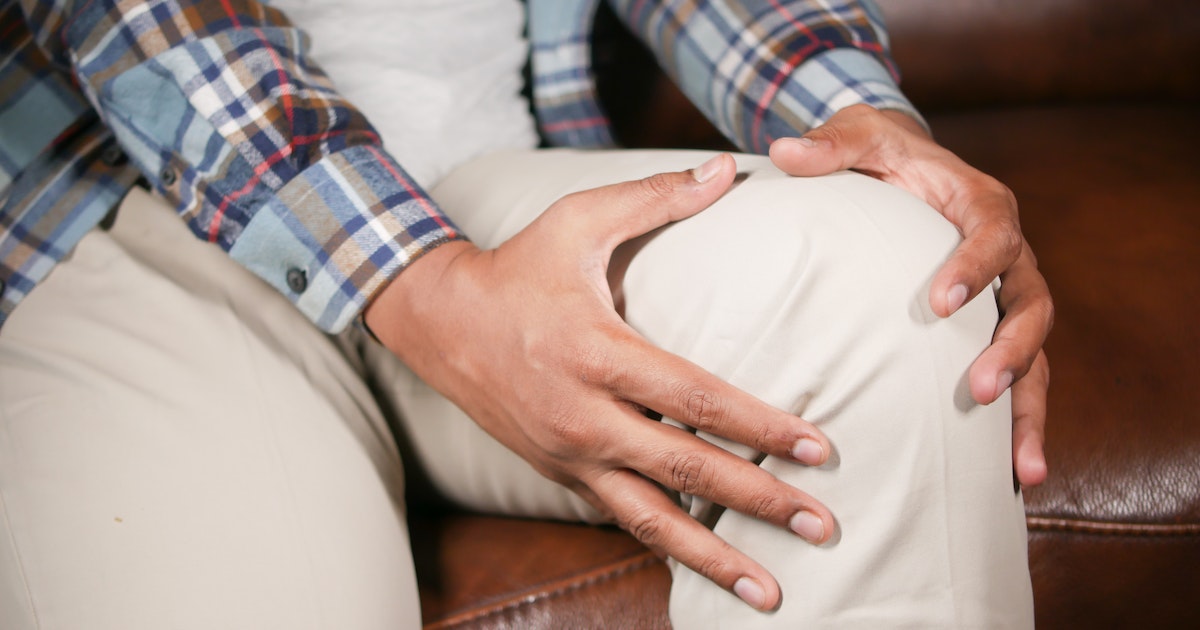
If the old joints are feeling a bit creakier in your forties, that’s no great shock. As you get older, the cartilage that connects your bones wears down over time. That is inevitable, but it’s aggravated by certain factors including obesity, inflammation or hormone imbalance. To reduce joint pain, you can incorporate regular low-impact exercise (such as swimming), try to avoid acidic foods, and consider orthopedic shoes. Give your poor knees a break.
Your pearly whites aren’t quite so pearly
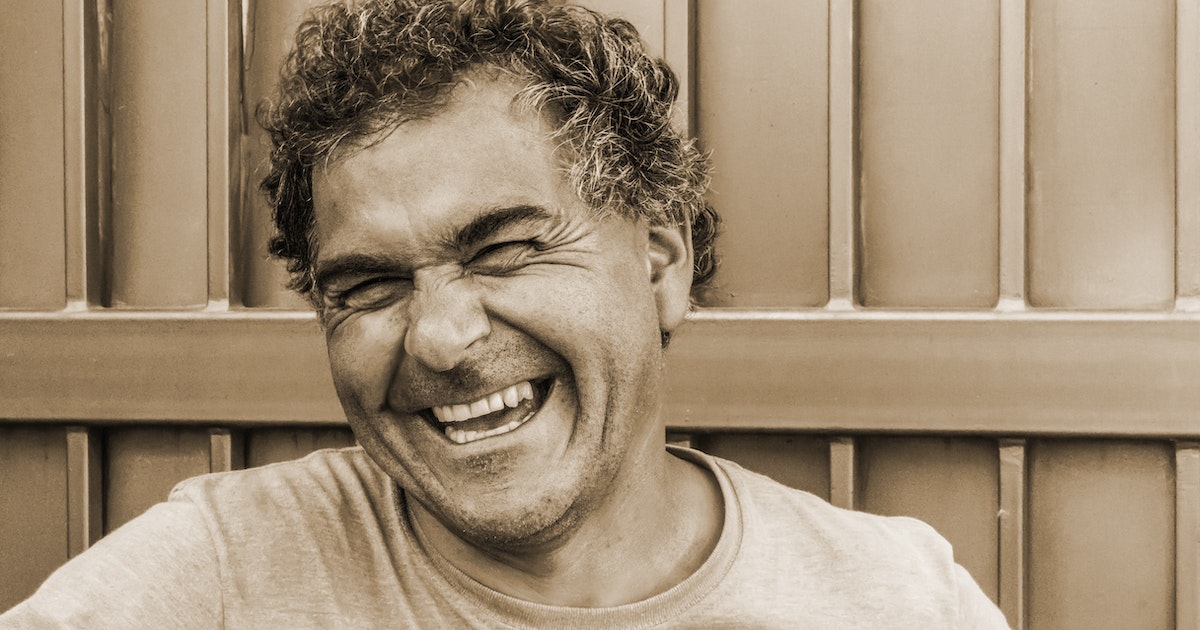
Inevitably, no matter how well you look after yourself, the process of getting older takes effect. One of the ways you can see it is in your teeth. We’d all love a straight, snow-white set of teeth but unless you can splash out on veneers, you have to cope with your enamel wearing down. This happens through acidic foods and carbonated drinks, along with general use. Even if you’re super careful with your choice of food and drink, the dentin in your teeth shows through via thinning enamel over time.
Your lips get thinner
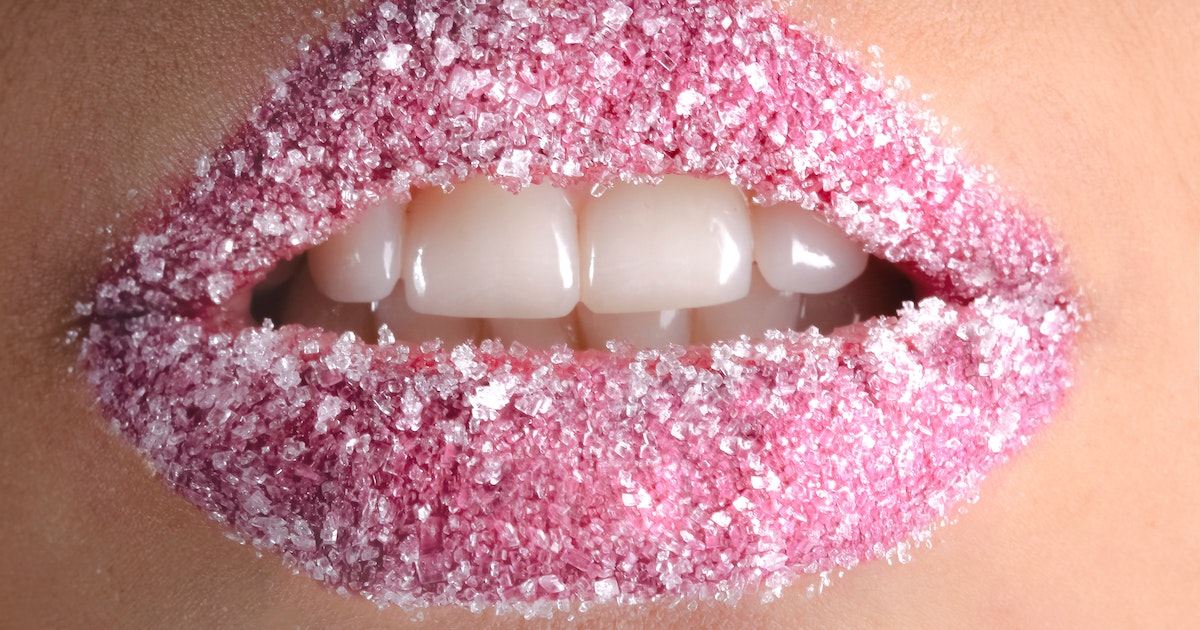
Parts of you getting thinner as you get older being an appealing prospect depends very much on where on your body it is. Hair, we want to keep thick and luscious. The same with our lips, more often than not. Frustratingly, your lips (like your hair) are very like to get thinner with age, partly due to a depletion of the proteins in your skin that keep it soft and supple. Certain activities can exacerbate this, such as sunbeds and smoking.
You start to shrink

It’s said that we shrink by up to a centimeter each day, as our spines compress throughout the day, and then we elongate again overnight while we sleep. Well, the same thing is basically happening over the course of our lives, as the vertebrae in our spines get thinner and so the spine shortens as we age. This can also be exacerbated by a variety of factors such as health conditions, poor posture, the soles of your feet flattening and the like. That’s why people in older age can look a bit shrunken – they actually are.
Your bones are more prone to breaking
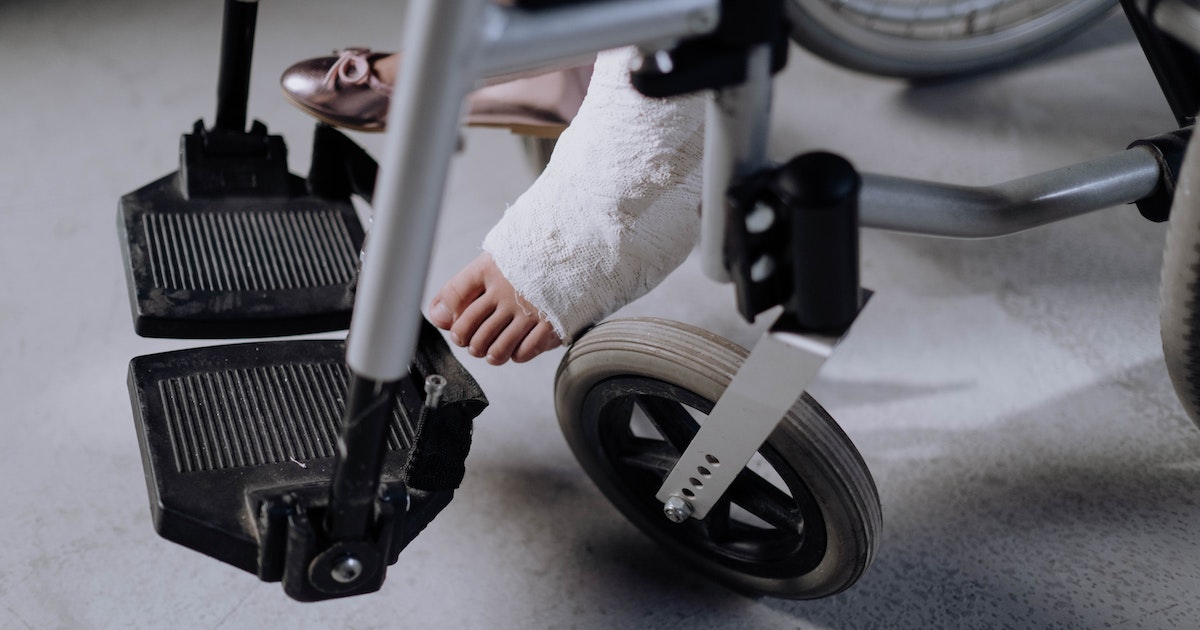
It will come as little surprise to learn that as you get older, your bones lose calcium and minerals, which can make them more brittle and susceptible to breaking. The U.S. National Library of Medicine recommends a well-balanced diet with plenty of calcium and vitamin D in order to prevent excessive deterioration of your bones. Have that extra glass of warm milk at bedtime, why don’t you.
It takes longer to get over that gym session
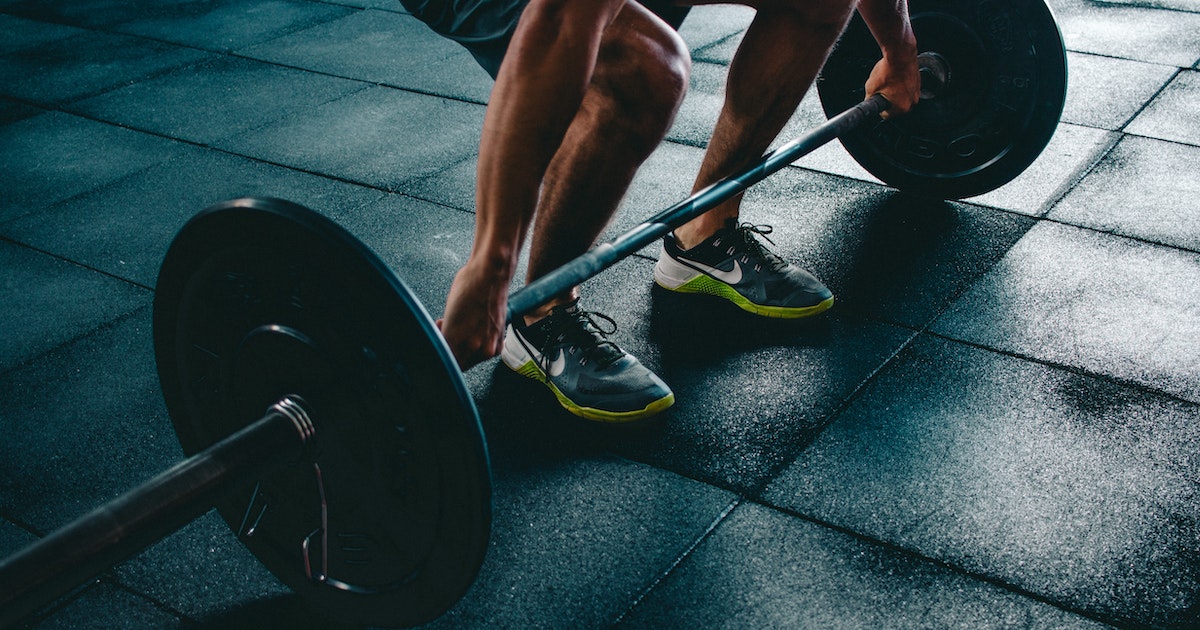
It makes sense that if everything gradually slows down and becomes less efficient as you get older, your muscles will take longer to get over a session at the gym or recover from injury. It’s a complex process involving biochemistry, physiology and good old hormones, but there is good news afoot. If you’re intending to continue being a gym bunny, a regular runner or similar, the American Council on Exercise (ACE) recommends including a generous amount of protein into your diet to help muscle repair. Fried chicken, anyone?
Your immune system isn’t as vigorous
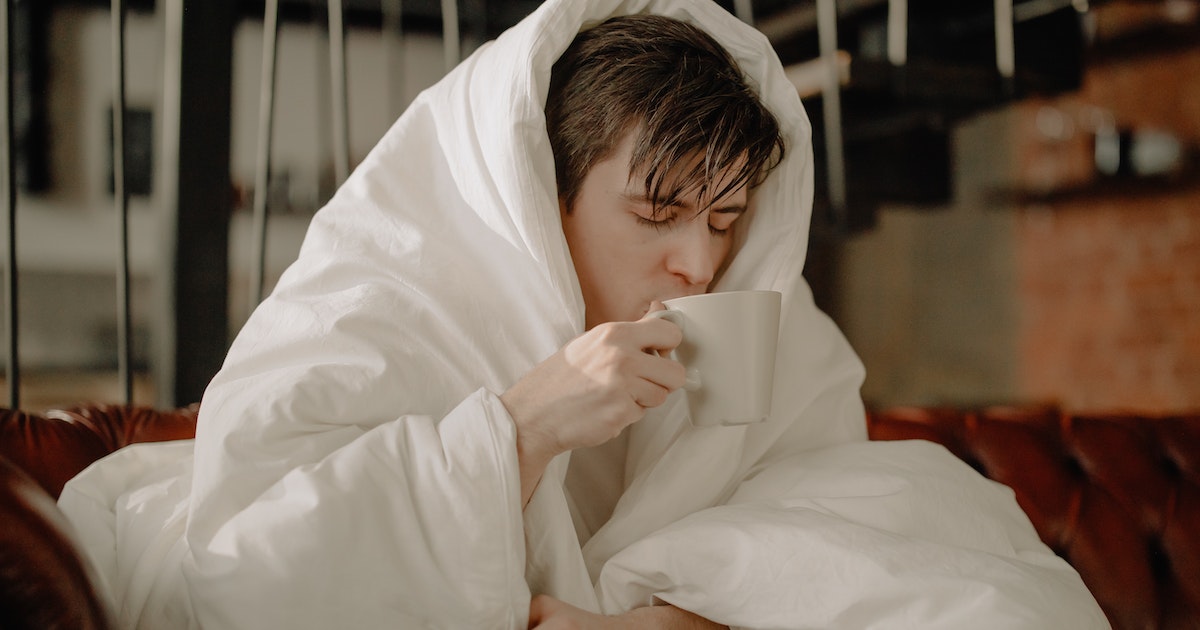
Whether or not you prescribe to “man flu” as genuine or an urban myth, it is true that as you get older, your immune system isn’t as good as it used to be. Research published in the Journal of Clinical Investigation says that your body doesn’t make as many B and T cells, which means you can’t fight off those viruses as well or as quickly. So what can you do? Well, it might seem obvious, but simply look after yourself and listen to the needs of your body. Common sense, really.
Your ability to reason tapers off

Here’s a cheering thought (not) – according to research published in the British Medical Journal, your reasoning skills will drop by 3.6% through your mid-40s and 50s. At the cusp of 40, it’s time to start playing brain games on a regular basis, and adding brain-boosting foods such as spinach and kale into your diet. Oh, and hit up the gym as often as is healthy for brain health and function.
Digestive issues might begin to bother you

Along with the muscles you can see, the ones you can’t are also affected by aging. The muscles in your digestive tract become weaker and that can bring on discomfort in the form of heartburn, irritable bowel syndrome (IBS) and ulcers. Help stave them by sticking to a healthy, balanced diet and a regular exercise routine. OK, it might not sound particularly exciting, but nobody wants heartburn after takeout.
You might develop an intolerance to lactose
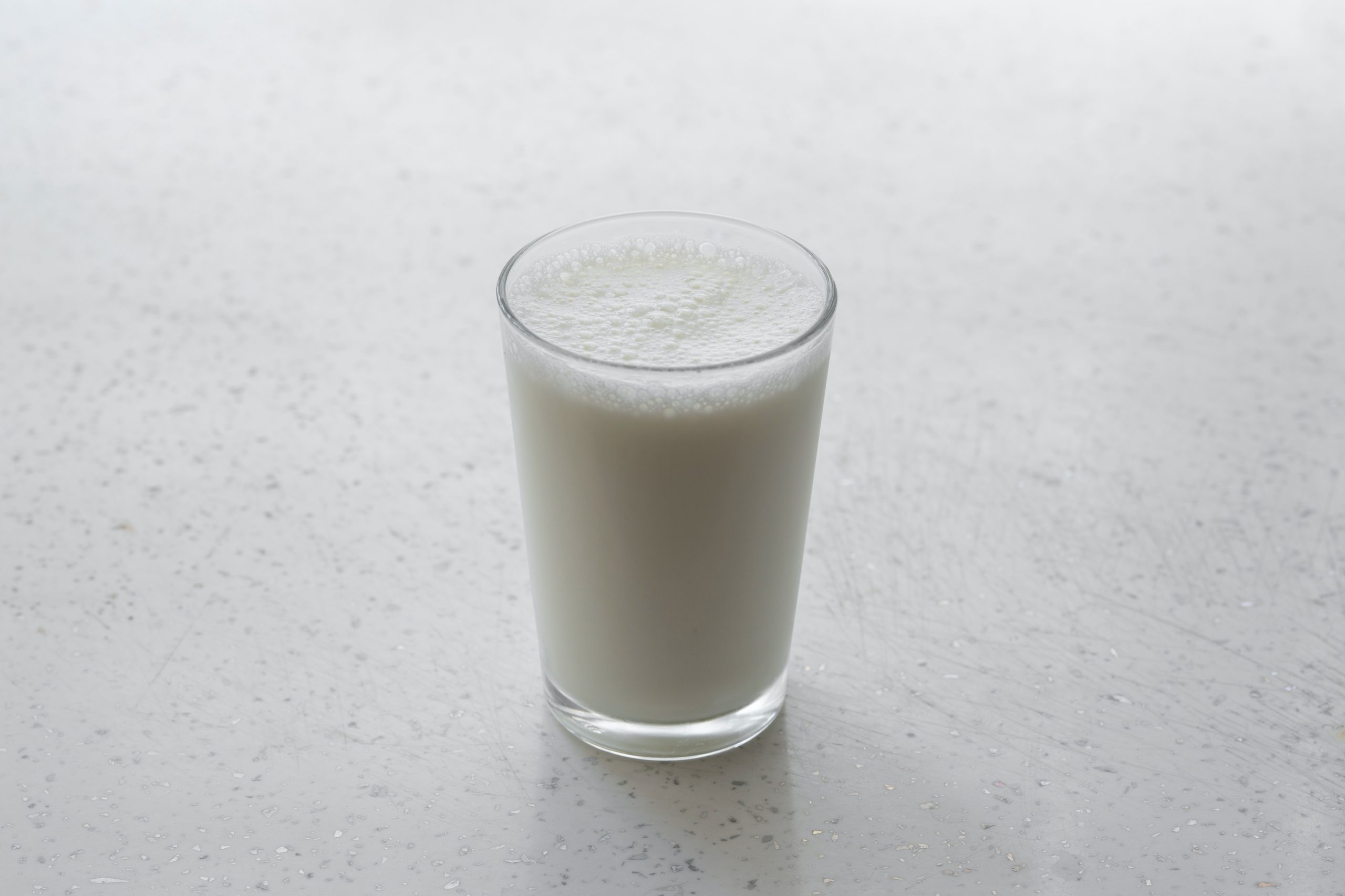
It’s not a rousing thought, the idea that your morning cereal or that bowl of ice cream might bring on a bout of cramps and diarrhea, but apparently two thirds of people experience lactose intolerance in their later life, according to the National Institute of Health. It happens as your levels of an enzyme called lactase reduce, which means you can’t break lactose down as easily. Oat-milk latte, anyone?
Age spots can begin to develop

We all know that overexposure to the sun is damaging to the skin, and that your face, neck and hands are the most exposed places. In your forties, you’re more likely to develop small dark spots in those places, known as sun spots or liver spots, The chances are that although they might look unsightly, they’re harmless. Instead, pay heed to any moles you have – those can become dangerous if they show signs of changing.
Your backside gets flatter
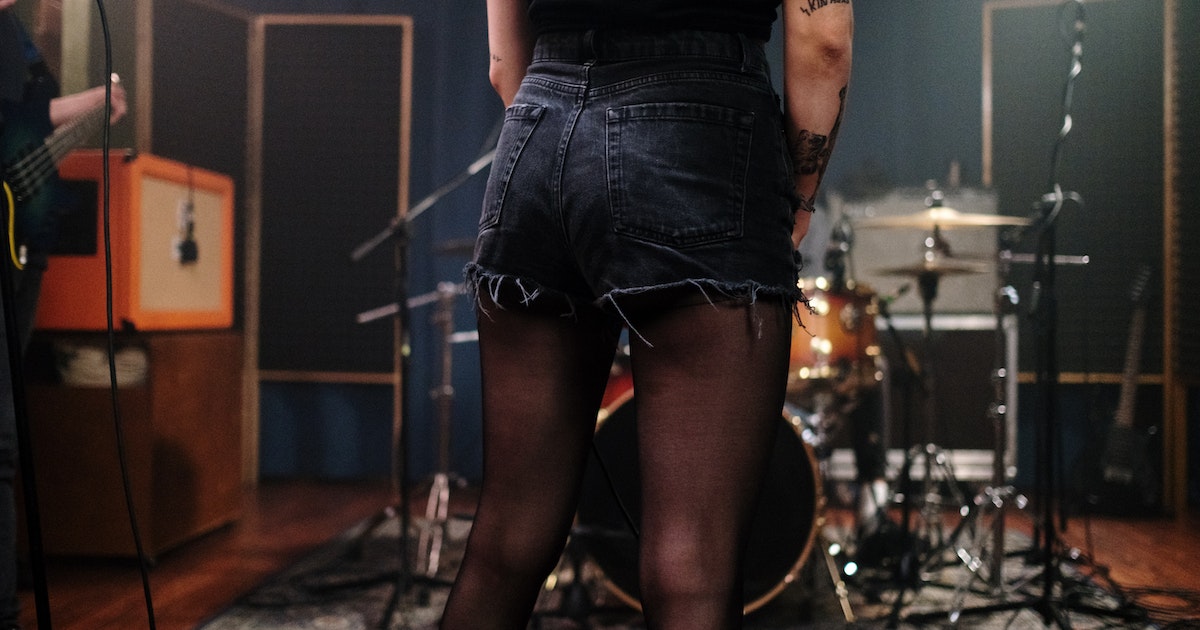
Another disappointing effect of getting older is that your once curvaceous bottom starts to flatten. The effects of hormonal fluctuations in the aging process combined with the sedentary lifestyles we live mean that fat is stored less in the buttocks and more on the belly. You could consider an implant and liposuction, but it’s probably just delaying the inevitable – and it will cost you a few bucks. Perhaps one of those it’s best to know ahead of time, so you can get in some buttock-lifting squats at the gym.
You may see a change in weight
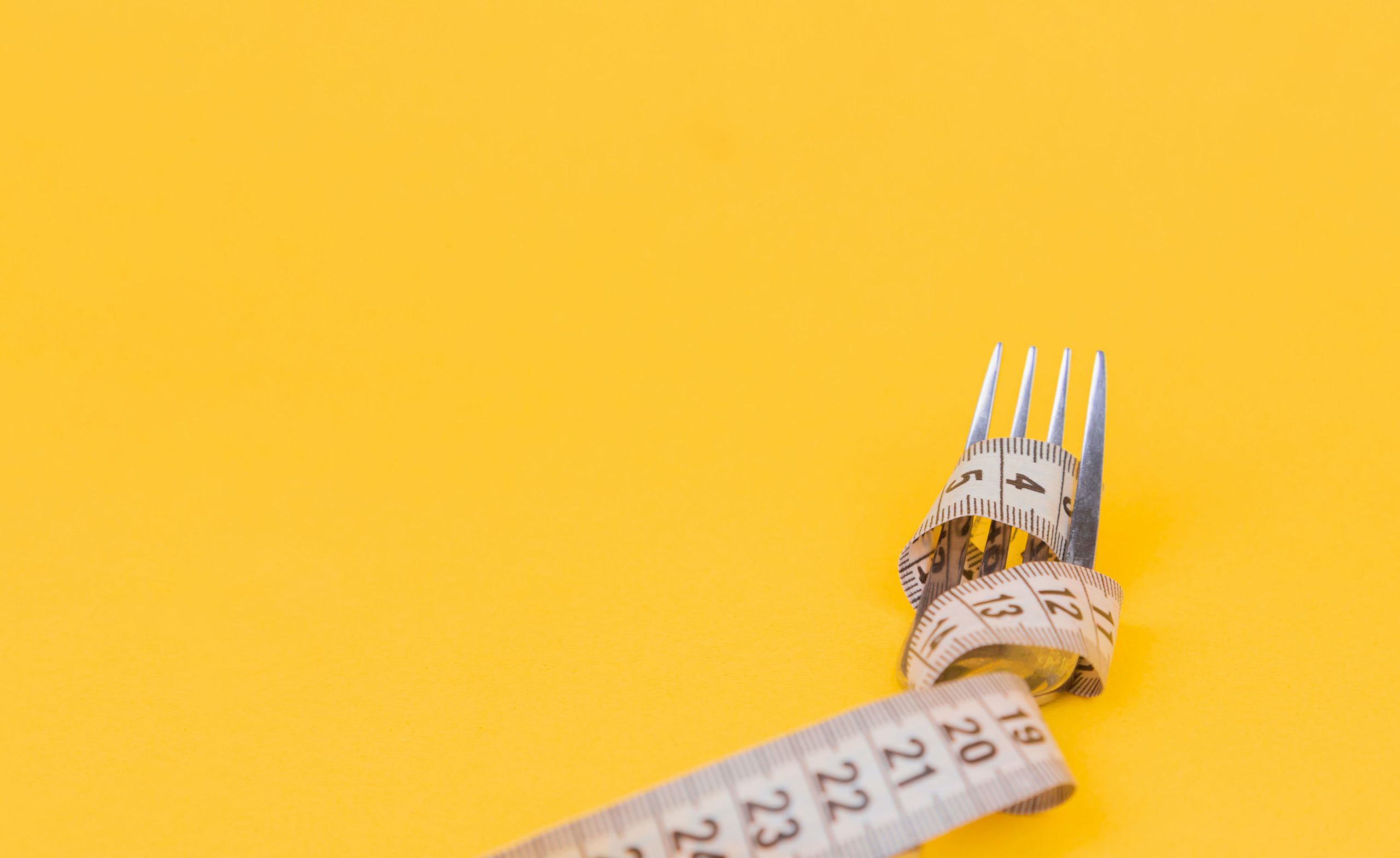
Those heady days in your early twenties when you could eat a quart of ice cream and still fit into your jeans – well, say goodbye to those days, even in your thirties. Even if your lifestyle doesn’t change all that much in your thirties, your hormones will begin to, and your forties it’s almost a dead cert. The pounds can start to sneak up on you and once they’re on board, it’s tough to shift them. That’s because muscle mass is in decline while fat mass is on the up. Keep up the regular exercise and healthy eating to avoid spiraling into serious weight gain.
You might find scaly growths developing
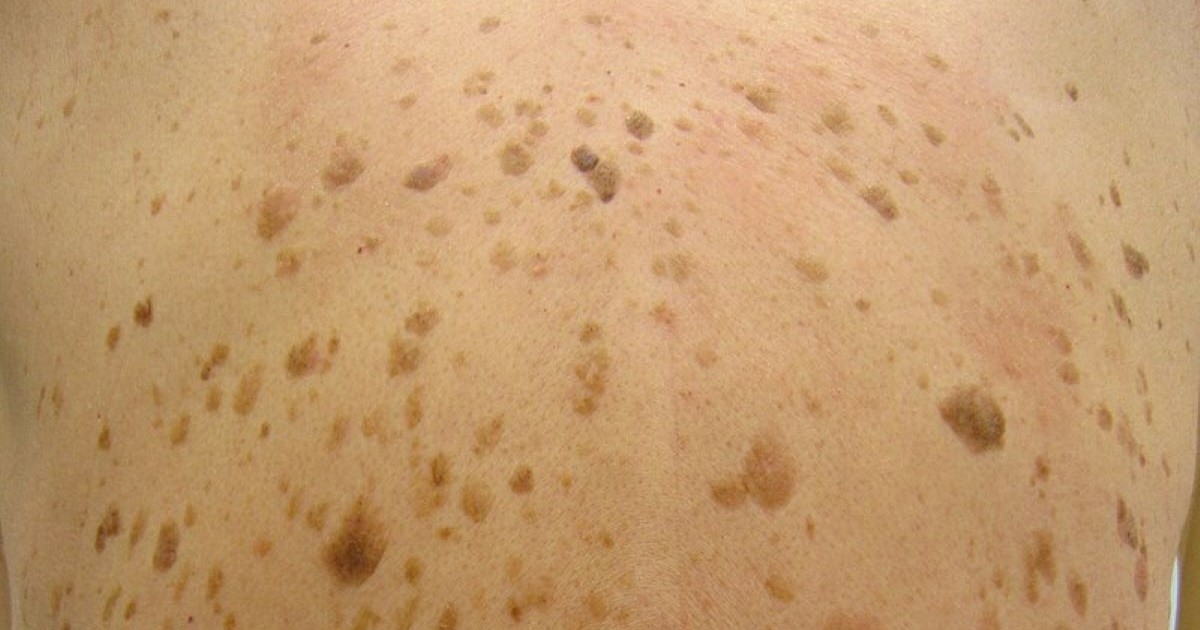
This one sounds pretty alarming, but in reality it’s no cause for concern as long as you’re sure it isn’t a rogue mole gone malignant. According to dermatologist Erum Ilyas, these growths are quite common in your forties, known as seborrheic keratoses. They’re rough to the touch and mostly found on the chest, back, arms and legs. They can be removed if they look unpleasant but in reality, they’re the least of your concerns as you hit 40.
You could become a morning person

Like it or not, it’s well known that as you get older, your sleep patterns change. Falling asleep or staying asleep can be trickier, and even if you get away with little to no difference, you may still find you wake earlier than you used to. Try not to see it as a problem if it happens to you, though – research published in Nature Communications suggests that early risers tend to be happier and healthier. So there is reason for positivity if you find yourself awake at the crack of dawn – think of what you can achieve with that extra time.
You’ll perspire less
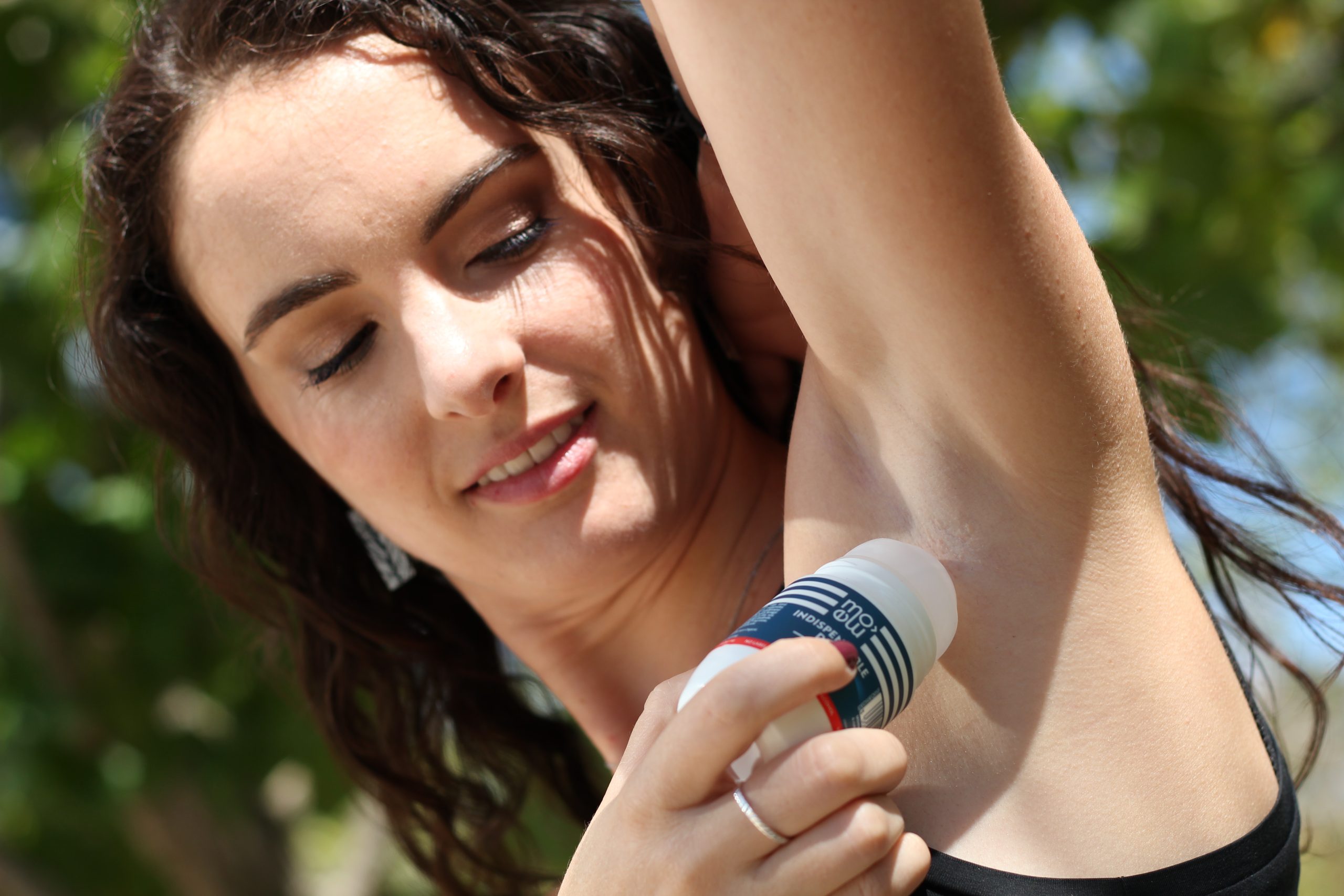
This must be welcome news to pretty much everyone, even if we don’t really know why. But sweating, as helpful as it is in regulating body temperature, can be uncomfortable and embarrassing. A study published in 1987 compared the output of perspiration from postmenopausal women against younger women during a workout, and found the older ladies sweated much less. There were two suggested reasons why, but either way, it’s likely to be one plus-side to getting older.
Your self-esteem will bounce back
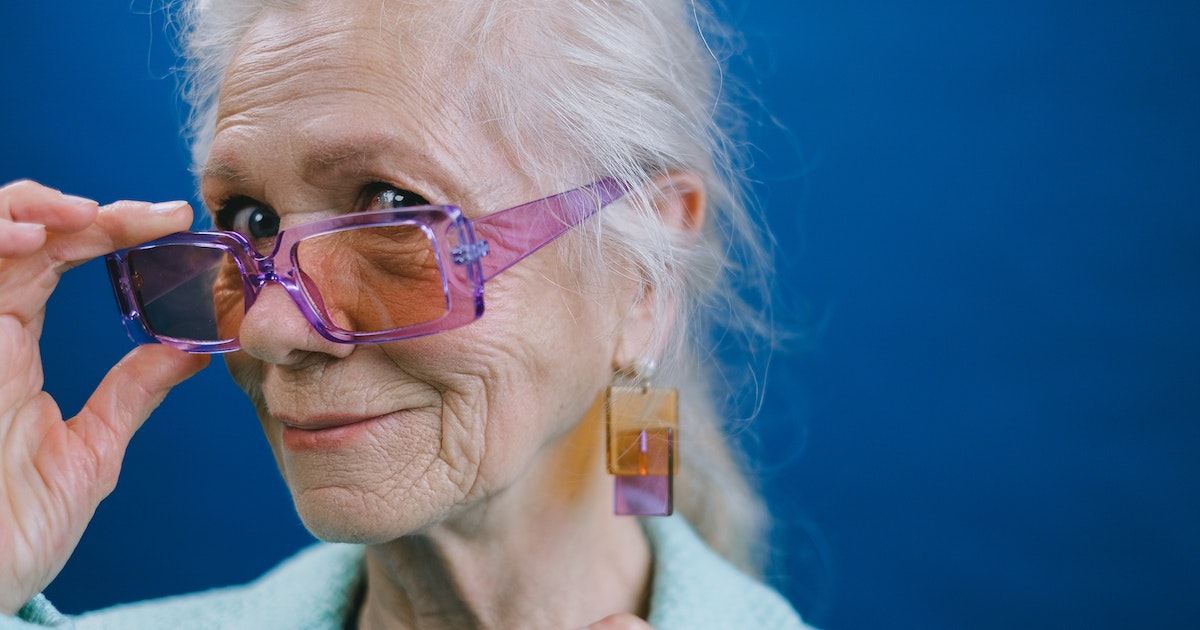
We all have our ups and downs when it comes to our self-worth, and the sensation of not being good enough and judged can feel pretty relentless,. The teenage years can be especially galling, and while you might think you’re sorted in your twenties, hindsight can help you see that you were still pretty unsure of yourself. The good news is that as we hit our forties, we tend to hit a nicer place where our self-esteem is at a good level.
Crippling migraines will ease off

Many of us have suffered the crushing experience of a migraine – light sensitivity, dizziness, pressure, nausea and vomiting, and the only resort is lying limply in a darkened room. The good news is that if you’ve ever had one, or worse, had them regularly, they should diminish with age. So as much as it seems like there are a plethora of negatives to hitting and passing 40, here is one to celebrate if you’ve ever had a migraine.
You’ll likely look on the bright side
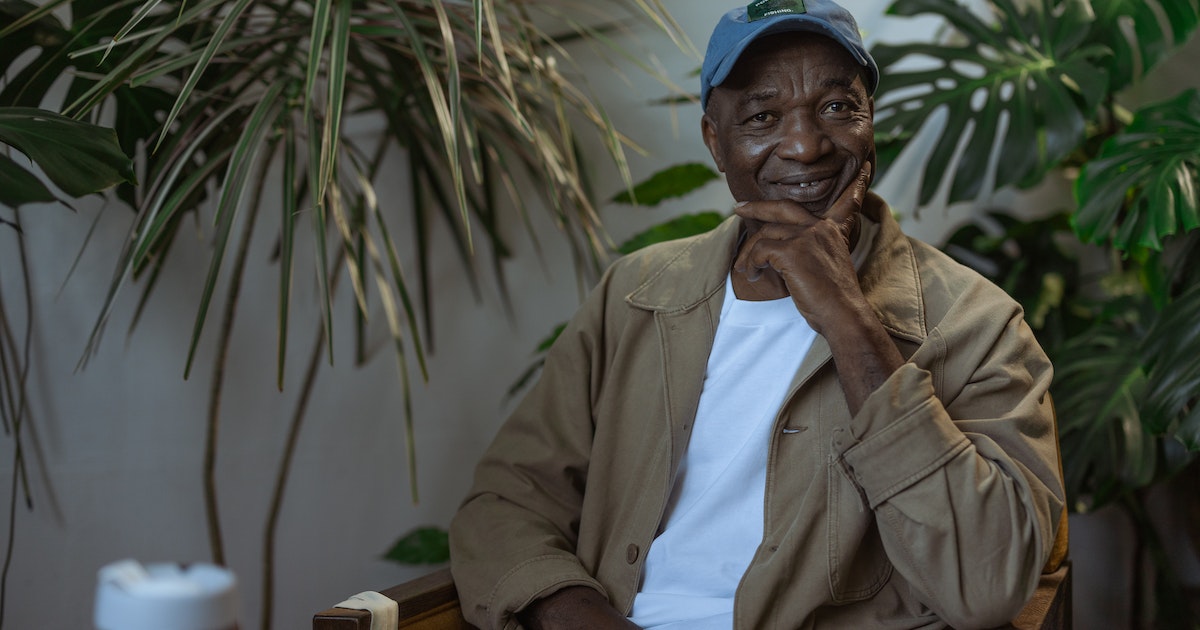
Among a lot of negative physical changes, the good news is that as you head through your forties and beyond, your general demeanor tends to improve. This comes from an increasing ability to regulate your emotions, and to focus more on the good than the bad. This is especially true if you’ve been through the classic mid-life crisis and come out the other side – normally, you’re a better person for it.
You might genuinely enjoy sex more

Despite all the doom and gloom, life in your 40s isn’t all drooping jowls and three-day hangovers. By the time you hit 40, you’ll likely be more sexually confident, more open-minded and playful, and (for those in relationships), have a deeper emotional bond with your partner that makes intimacy more meaningful and passionate. Oh, and here’s a bonus – men tend to last longer in bed post-4o, meaning you can both go for longer. Hurrah!
Sensitive nerves in your gums can shrink
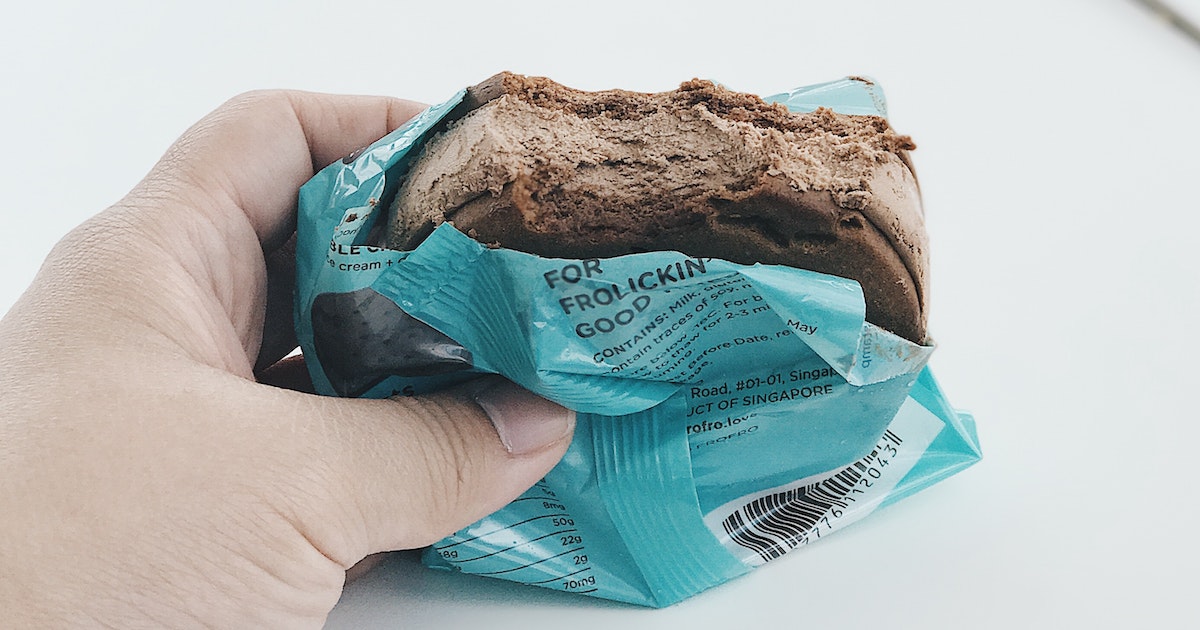
This might sound like yet another negative to getting older, but it’s not all bad. In your forties, the nerves in your teeth that can be so over-sensitive shrink somewhat, which, although it can make you less aware of cavities, also means you can chow down on those super cold things you used to avoid. You should still go to the dentist regularly, but at least you can tuck into an Oreo ice cream sandwich and not get that chill in your teeth.